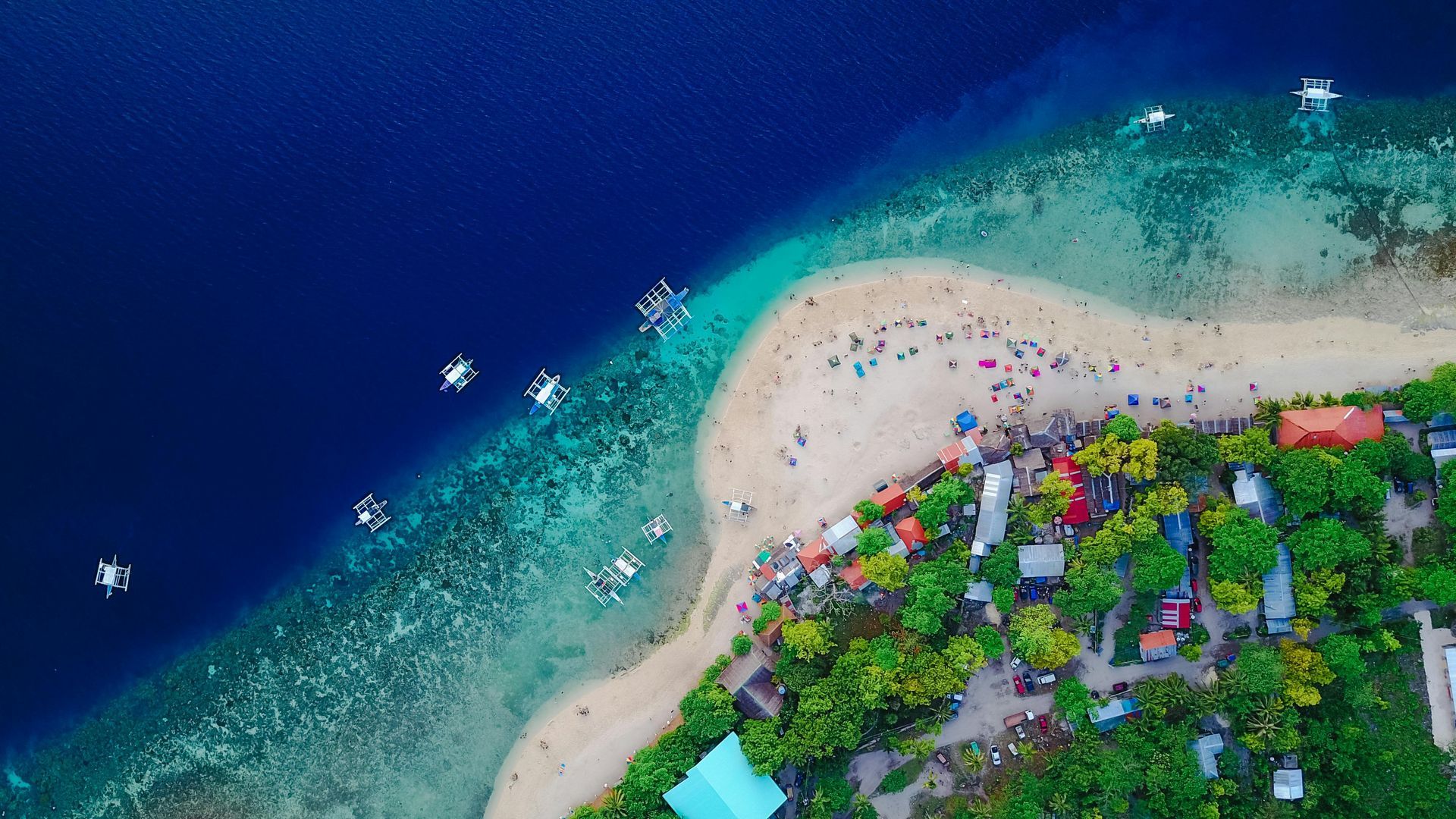Supporting Local: How Your Visit to Port Barton Can Make a Positive Impact
🌱 Transform Your Vacation into a Force for Good in Palawan’s Hidden Paradise
Port Barton, a serene fishing village in Palawan, Philippines, is more than just a destination—it’s a community striving to balance tourism with sustainability and cultural preservation. While many travelers seek "authentic" experiences, few realize their visit can directly support or undermine the very authenticity they cherish. Unlike commercialized hotspots, Port Barton offers a rare opportunity to engage in regenerative tourism, where your spending habits, tour choices, and daily actions can empower local families, protect ecosystems, and preserve cultural heritage. Here’s how to ensure your visit leaves a positive legacy.
1. The Power of Community-Based Tourism
Port Barton’s economy relies heavily on small-scale tourism, but decades of fluctuating visitor numbers have taught locals hard lessons about dependency . Community-based tourism (CBT) initiatives—where locals own and manage tourism activities—ensure benefits remain within the village:
- Barangay Babuyan Ecotourism: Offers guided tours to waterfalls, mangrove forests, and community projects, directly funding local schools and conservation .
- Tribal Adventures: Partners with Tagbanua indigenous communities for cultural exchanges, traditional fishing experiences, and handicraft workshops .
- Bangkeros Cooperative: A group of boat operators advocating for reef-safe anchoring and marine cleanup drives .
How to Engage:
- Book tours through cooperatives rather than international platforms.
- Choose operators like Tour Z, which allocates 7% of profits to education for Filipino children and 3% to turtle conservation, ensuring your money supports long-term community goals.
2. Eat Local: Beyond Tourist Restaurants
Port Barton’s food scene is a testament to its resilience. While Western cafes exist, prioritizing local carinderias (eateries) sustains families:
- Star Apple Canteen: Serves grilled fish and veggies for under ₱150 ($2.60), sourcing directly from fisherfolk .
- Evio’s Kitchen: A home-based restaurant on Pamuayan Beach run by a local woman, celebrated for eggplant dishes and chicken curries .
- Gacayan Restaurant: Offers pre-cooked Filipino stews at budget-friendly prices, favoring local ingredients over imports .
Unique Insight: Ask for lato (sea grapes) in November–February or mangoes in April–June—seasonal treats that support farmers and reduce carbon footprints.
3. Stay Sustainably: Choose Locally-Owned Accommodations
Avoid international chains; opt for family-run stays that prioritize environmental and social responsibility:
- El Dorado Sunset Cottages: Beachfront huts owned by a Filipino family, with profits funding local scholarships .
- Tribal Xperience: Employs indigenous staff and offers cultural immersion programs .
- Balili Eco Glamping: Uses bamboo construction, solar power, and rainwater harvesting .
Avoid properties that encroach on mangrove forests or lack waste treatment systems.
4. Support Artisans and Cultural Preservation
Port Barton’s cultural diversity—with migrants from Quezon, Masbate, and Aklan—has created a rich tapestry of traditions . Help preserve them:
- Purchase Handicrafts: Buy woven baskets from Tau’t Bato artisans or seashell jewelry from local vendors. Avoid coral or turtle shell products.
- Join Workshops: Learn traditional fishing with Tagbanua guides or cooking classes at Kusinero del Barrio .
- Attend Festivals: Participate in fiestas like the Feast of the Black Nazarene (January 9), where donations support community funds .
5. Ethical Island Hopping: Choose Tour Z’s Reverse Route
Standard tours often overcrowd sites like Twin Reef and Starfish Sandbar, stressing marine ecosystems. Tour Z's reverse route minimizes impact:
- Crowd Avoidance: Visits popular sites during off-peak hours, reducing coral damage and enhancing your experience .
- Conservation Funding: The ₱50 ($1) environmental fee paid to operators like Tour Z supports reef monitoring and turtle sanctuary maintenance .
6. Volunteer Wisely: Give Time, Not Just Money
Short-term volunteering can disrupt communities if not coordinated properly. Instead, support structured initiatives:
- Bantay Dagat: Join coastal cleanups organized by the village’s marine guard unit .
- Lamane Tribal School: Donate books or supplies (e.g., pencils, notebooks) rather than cash .
- Port Barton Marine Park: Participate in mangrove planting events—a critical defense against coastal erosion .
Note: Avoid orphanage tourism or unregulated volunteering; these often exploit children.
7. The Ripple Effect: How Your Actions Help
Port Barton’s challenges—dwindling fish stocks, plastic pollution, and economic vulnerability—require collective action . By supporting local:
- Preserves Livelihoods: 65% of residents rely on fishing; sustainable tours reduce overfishing pressure .
- Protects Ecosystems: CBT initiatives have reduced cyanide fishing by 40% since 2015 .
- Empowers Women: Enterprises like Cuyo Hilot Spa employ female massage therapists, fostering financial independence .
Conclusion: Travel with Purpose
Port Barton is at a crossroads. As a new airport (San Vicente) opens in 2025, the village faces both opportunity and risk . By choosing community-led experiences, eating at family-run eateries, and supporting operators like Tour Z, you become part of a sustainable tourism model that values people and planet over profit. As Falconeri Tatoy, a Port Barton elder, reminds us: "Tourism can be a tide that lifts all boats—but only if we steer it together."
Ready to make a difference? Book your journey with Tour Z, where every tour is a step toward a stronger, greener Port Barton.

